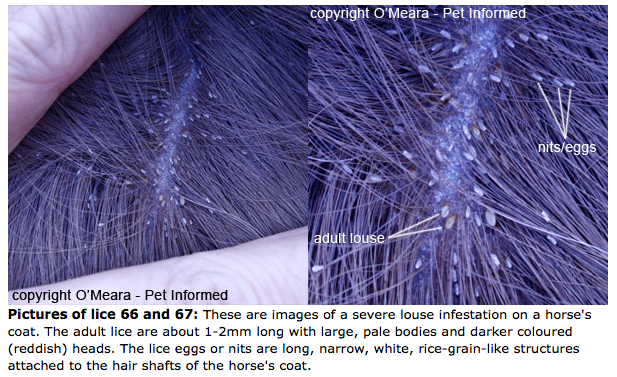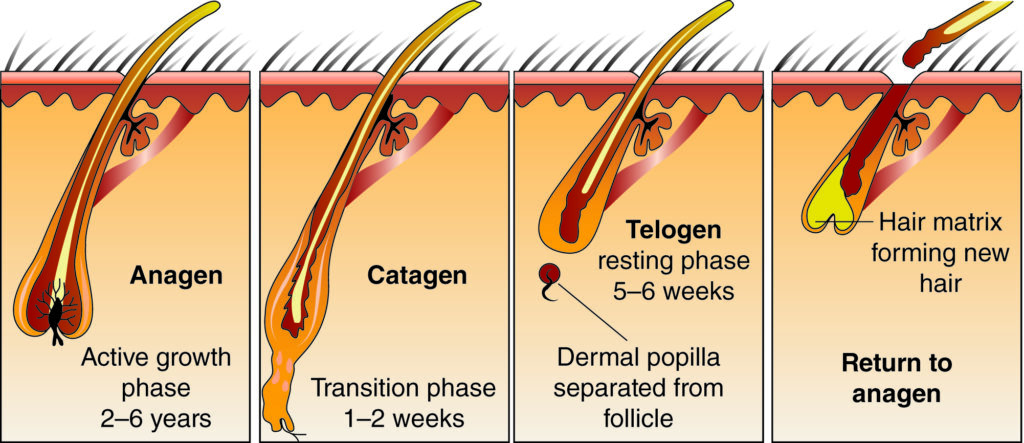Dandruff, a common scalp condition that affects millions of people worldwide, is often abbreviated as “D” in casual discussions. Despite its prevalence, many individuals remain unaware of the underlying causes, symptoms, and effective treatments for this condition. In this article, we will explore the science behind dandruff, discuss its various triggers, and provide practical solutions to manage it effectively.

What is Dandruff?
Dandruff refers to the flaky, dry skin that appears on the scalp. It is characterized by small, white or yellowish flakes that can be visible on the hair or clothing. While dandruff is not contagious or harmful, it can cause discomfort, itching, and embarrassment for those who experience it. The condition typically begins during adolescence and can persist into adulthood, affecting both men and women equally.
Common Misconceptions About Dandruff
- It Only Occurs Due to Poor Hygiene: Contrary to popular belief, dandruff is not always a result of infrequent hair washing. While hygiene plays a role, other factors such as skin conditions and genetics are often more significant contributors.
- It Only Affects People with Dry Scalps: Dandruff can occur in individuals with both dry and oily scalps, making it a multifaceted issue.
- It Can Be Cured Permanently: While treatments can help manage dandruff, there is no permanent cure for the condition.
Causes of Dandruff
Understanding the root causes of dandruff is essential for effective management. Several factors contribute to the development of this condition, ranging from skin disorders to lifestyle habits.
Seborrheic Dermatitis
One of the most common causes of dandruff is seborrheic dermatitis, a skin condition that causes redness, inflammation, and excessive oil production on the scalp. This overproduction of oil creates an environment where a type of yeast, known as malassezia, thrives. Malassezia feeds on the oils secreted by hair follicles and can irritate the scalp, leading to increased cell turnover and flaking.
Dry Skin
Dry skin is another frequent contributor to dandruff. When the scalp lacks sufficient moisture, it becomes prone to flakiness. This type of dandruff is often accompanied by itchiness and is more common during colder months when humidity levels are low.
Sensitivity to Hair Care Products
Certain shampoos, conditioners, and styling products contain harsh chemicals that can irritate the scalp. Individuals with sensitive skin may experience allergic reactions or contact dermatitis, which can exacerbate dandruff symptoms.
Malassezia Yeast Overgrowth
As mentioned earlier, malassezia is a naturally occurring fungus found on the scalp. However, when its growth becomes excessive, it can disrupt the normal shedding process of skin cells. This disruption results in the accumulation of dead skin cells, forming visible flakes.
Poor Diet and Stress
Nutritional deficiencies, particularly a lack of zinc, B vitamins, and healthy fats, can weaken the scalp’s barrier function and increase susceptibility to dandruff. Additionally, chronic stress has been linked to hormonal imbalances that may trigger or worsen the condition.
Symptoms of Dandruff
Recognizing the symptoms of dandruff is crucial for timely intervention. While the severity of symptoms may vary from person to person, some common signs include:
Visible Flakes
The hallmark symptom of dandruff is the presence of white or yellowish flakes on the scalp, hair, and shoulders. These flakes are often more noticeable after scratching or brushing the hair.
Itching and Irritation
A persistent itch is one of the most bothersome symptoms of dandruff. Scratching the scalp to relieve the itch can further aggravate the condition and lead to redness or even infection.
Redness and Inflammation
In cases of seborrheic dermatitis, the scalp may appear red and inflamed. This symptom is often accompanied by greasy patches of skin covered in flakes.
Oily Scalp
An excessively oily scalp is another indicator of dandruff, especially when caused by seborrheic dermatitis or malassezia overgrowth. The excess oil can make the flakes stick to the scalp, creating a greasy appearance.
Treatments for Dandruff
Managing dandruff requires a combination of proper scalp care, lifestyle adjustments, and, in some cases, medical intervention. Below are some effective treatment options to consider.
Medicated Shampoos
Using medicated shampoos specifically formulated to combat dandruff is one of the most effective ways to address the condition. These shampoos contain active ingredients that target the underlying causes of dandruff. Some commonly used ingredients include:
- Zinc Pyrithione: This ingredient has antifungal and antibacterial properties that help reduce malassezia yeast and soothe irritation.
- Ketoconazole: A potent antifungal agent that combats malassezia overgrowth and reduces inflammation.
- Selenium Sulfide: This compound slows down the turnover of skin cells and reduces fungal growth.
- Salicylic Acid: Known for its exfoliating properties, salicylic acid helps remove dead skin cells and prevents clogged pores.
- Coal Tar: Coal tar slows down the shedding of skin cells and alleviates itching and inflammation.
Natural Remedies
For those who prefer natural alternatives, several home remedies can help alleviate dandruff symptoms:
- Tea Tree Oil: With its antifungal and antimicrobial properties, tea tree oil can be added to shampoo or applied directly to the scalp to reduce flakiness.
- Coconut Oil: Massaging coconut oil into the scalp can moisturize dry skin and reduce flaking.
- Aloe Vera: Aloe vera gel has soothing and anti-inflammatory properties that can calm an irritated scalp.
- Baking Soda: Using baking soda as a scrub can help exfoliate the scalp and remove excess oil.
Lifestyle Changes
In addition to topical treatments, making certain lifestyle changes can significantly improve dandruff symptoms:
- Maintain a Balanced Diet: Consuming foods rich in zinc, omega-3 fatty acids, and B vitamins can promote scalp health and reduce flakiness.
- Manage Stress: Practicing relaxation techniques such as meditation, yoga, or deep breathing can help regulate hormones and minimize stress-related flare-ups.
- Avoid Harsh Hair Products: Opt for gentle, sulfate-free shampoos and conditioners to prevent scalp irritation.
- Stay Hydrated: Drinking plenty of water ensures that the scalp remains hydrated, reducing the likelihood of dryness and flaking.
Medical Intervention
In severe cases where over-the-counter treatments fail to provide relief, consulting a dermatologist may be necessary. A healthcare professional can prescribe stronger medicated shampoos, topical corticosteroids, or oral medications to address stubborn dandruff. They may also recommend diagnostic tests to rule out underlying conditions such as psoriasis or eczema.
Preventive Measures
While dandruff cannot always be prevented, adopting good scalp care practices can minimize its occurrence:
- Regular Washing: Cleansing the scalp regularly removes excess oil and prevents buildup.
- Scalp Massage: Gently massaging the scalp stimulates blood circulation and promotes healthy skin cell turnover.
- Use Lukewarm Water: Avoid using hot water while washing your hair, as it can strip the scalp of its natural oils.
- Protect Your Scalp: During cold or dry weather, wearing a hat or scarf can shield your scalp from harsh environmental conditions.
When to Seek Professional Help
If dandruff persists despite consistent use of over-the-counter treatments, or if it is accompanied by severe symptoms such as intense itching, swelling, or hair loss, it is advisable to seek professional help. A dermatologist can provide a comprehensive evaluation and tailor a treatment plan to address individual needs.





